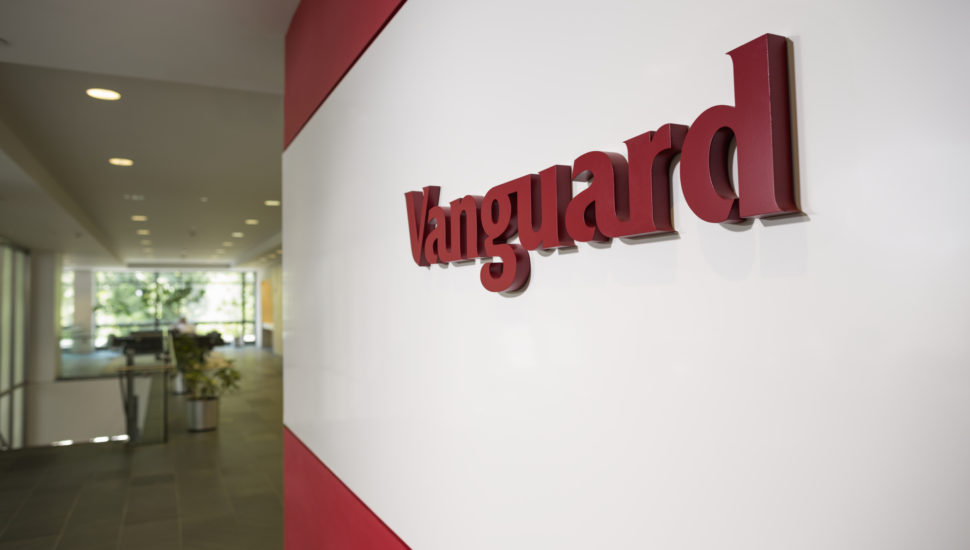Vanguard Releases 2020 Economic, Market Outlook Report; Trade Tensions to Weigh on Global Economy

 Vanguard has released its comprehensive outlook and analysis on the global economy and financial markets. With ongoing trade tensions, geopolitical uncertainty, and unpredictable policymaking becoming the new normal, Vanguard expects U.S. growth to decelerate below trend to around one percent in 2020, with the risk of recession still elevated.
Vanguard has released its comprehensive outlook and analysis on the global economy and financial markets. With ongoing trade tensions, geopolitical uncertainty, and unpredictable policymaking becoming the new normal, Vanguard expects U.S. growth to decelerate below trend to around one percent in 2020, with the risk of recession still elevated.
“The current geopolitical environment is defining a new age of uncertainty, which we expect will weigh negatively on the financial markets for the coming year,” said Joseph Davis, Ph.D., Vanguard’s Global Chief Economist and head of Vanguard’s Investment Strategy Group. “Despite this outlook, we expect long-term investors to continue to benefit from the time-tested principles of portfolio construction. Factors within a long-term investor’s control — such as saving more, working longer, spending less, and controlling costs — far outweigh the less reliable benefits of ad-hoc return-seeking portfolio tilts, market timing, and forecasting future scenarios.”
Equity markets remain robust, fixed income slows
Although the confluence of slowing global growth and persistent geopolitical uncertainty creates a fragile backdrop for markets in 2020 and beyond, more favorable valuations have led to a modest upgrade in Vanguard’s global equity outlook over the next decade. Comparatively, fixed income returns are expected to be subdued at best, with Vanguard’s lower projections factoring in declining policy rates, sharply lower long-term bonds, and compressed credit spreads globally.
Increasing policy uncertainty impacts growth and inflation
One important consequence of the global slowdown in 2019 has been the marked pivot made by central banks around the world from gradual policy normalization to increased policy accommodation. There is increased skepticism, however, that monetary policy is still capable of playing the cyclical stabilization role being demanded of it. As a result, inflation expectations, both survey-based and derived from financial market instruments, remain relatively unresponsive to policy measures. Vanguard expects inflation to barely reach two percent in the U.S., with the Federal Reserve’s core inflation gauge staying below its two percent policy target.
Portfolio implications: A low return orbit
Investors have experienced spectacular returns over the last few decades, due to two of the strongest bull markets in U.S. history and a secular decline in interest rates from the highs of the 1980s. Elevated equity valuations and low rates have pulled the market’s efficient frontier of expected returns into a lower orbit. The efficient frontier is also flatter (that is, it shows smaller increases in expected return for increases in equity risk) as seen from the return and volatility expectations of balanced portfolios.
Given Vanguard’s outlook for lower economic growth and subdued inflation expectations, risk-free rates, along with growth in corporate revenues and earnings, signifies that asset returns will also remain lower for longer compared with historical levels.
Click here to read Vanguard’s economic and market outlook for 2020.
[uam_ad id=”80503″]
.
[uam_ad id=”80502″]
Connect With Your Community
Subscribe to stay informed!
"*" indicates required fields































![95000-1023_ACJ_BannerAd[1]](https://vista.today/wp-content/uploads/2023/03/95000-1023_ACJ_BannerAd1.jpg)
















